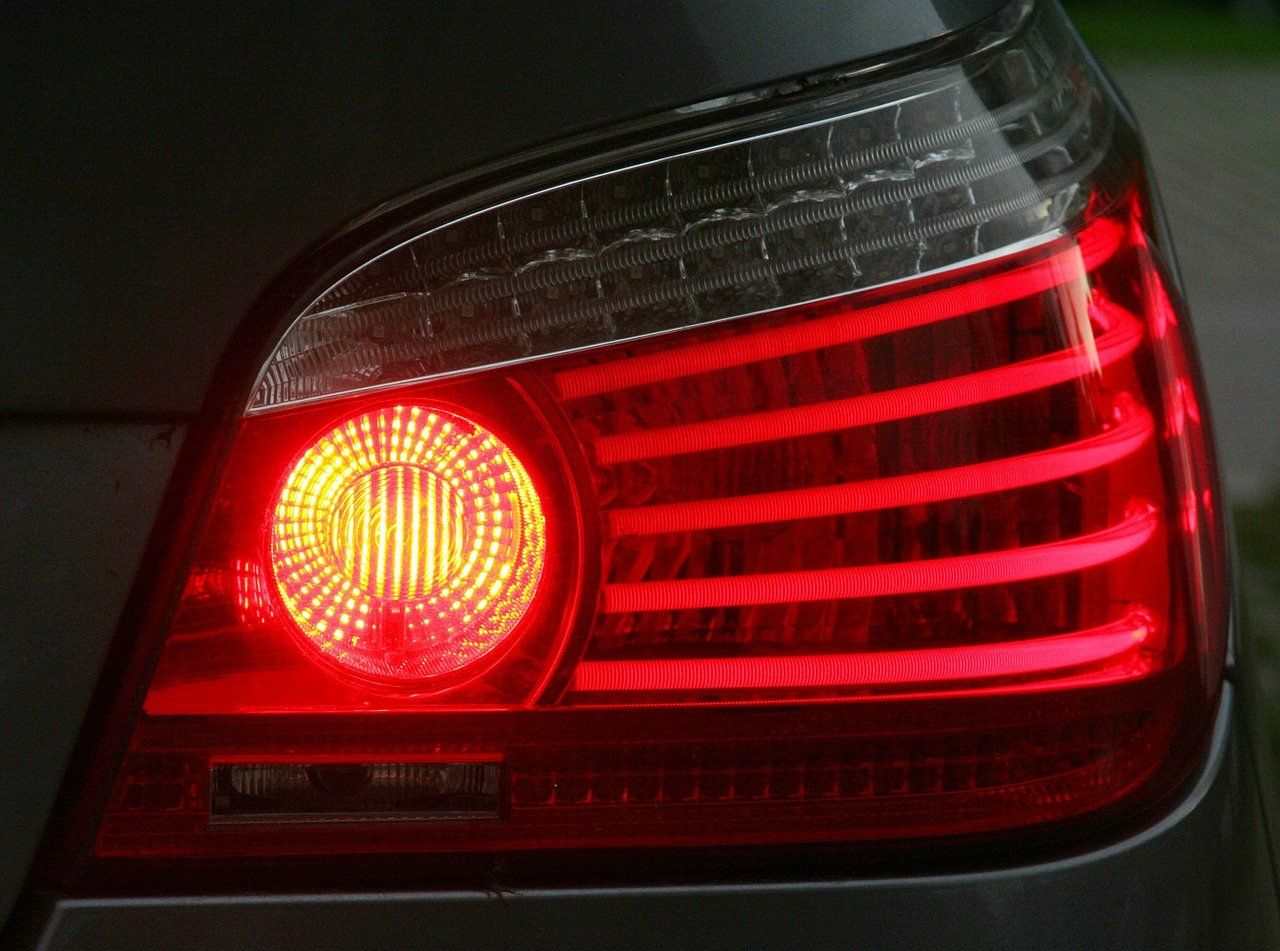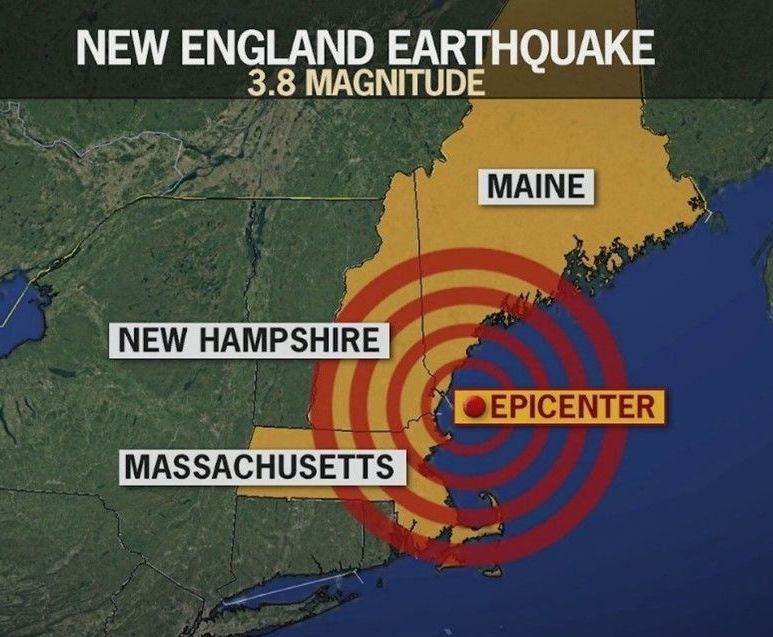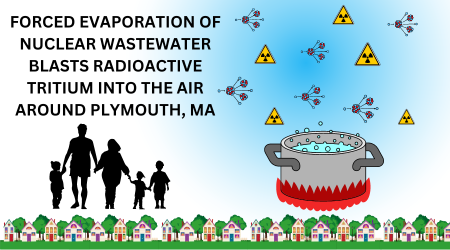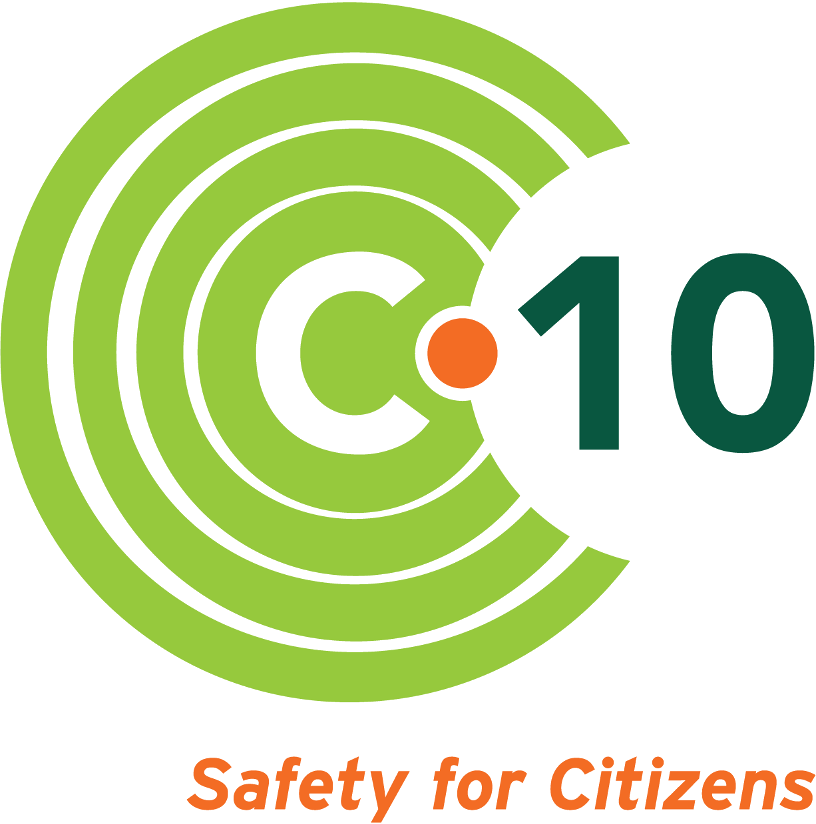NRC taps the brakes on Seabrook relicensing
- By Natalie Hildt Treat
- •
- 23 Jan, 2019
After Congressional input, NRC Staff will meet with public

"We are about monitoring the safety of Seabrook. We have been working on this issue nonstop since 2010." - founding board member Christopher Nord regarding C-10's focus on the plant's degraded concrete.
“C-10 is pleased that the NRC will slow down the process and meet with the public,” said Natalie Hildt Treat, C-10’s executive director. “We would like to think that with eleven more years on the plant’s current operating license, they can afford to wait a few more months for the hearing C-10 was granted relative the ability of Seabrook’s concrete to continue protecting the public as designed,” Treat said.
The delay came after separate letters to NRC Chairman Kristine L. Svinicki from U.S. Senator Edward Markey, U.S. Senator Elizabeth Warren and Congressman Seth Moulton of Massachusetts, and from U.S. Senator Maggie Hassan, U.S. Senator Jeanne Shaheen, and Congressman Chris Pappas of New Hampshire, urging NRC to reconsider its timeline.
"There is no reason why the Seabrook license amendment should be approved before the hearing (on degraded concrete) occurs,” Sen. Markey, Sen. Warren, and Rep. Moulton wrote to Svinicki on January 18.
On January 15, NRC had announced plans to move quickly to amend and extend the license of the plant, despite an ongoing proceeding before the NRC’s Atomic Safety and Licensing Board (ASLB) relative to Seabrook’s degraded concrete.
In a letter to the ASLB’s administrative judges, NRC Staff Attorney Jeremy Wachutka informed the Board that on or about January 22, 2019, NRC staff will approve the license amendment request (LAR) that Seabrook owner NextEra Energy filed in 2016 as a result of the serious, irreversible problem called alkali-silica reaction that is impacting the plant’s concrete in all key safety structures.
Wachutka also stated that NRC Director of Office of Nuclear Reactor Regulation Ho Nieh plans to issue a renewed operating license for Seabrook, on or about January 30, 2019. NextEra Energy Seabrook LLC filed an application to renew the plant’s license on June 1, 2010. The plant is currently licensed to operate until 2030, and is seeking a twenty-year extension. Seabrook, like many nuclear power plants, was originally designed for a 40-year life-span.
As intervenors in the case regarding Seabrook’s concrete and its current operating license, C-10 has been working to support its contentions at a public hearing before the NRC’s Atomic Safety and Licensing Board, which NRC states is still expected to be held in summer of 2019.
"Seabrook is the only nuclear power plant in the country where ASR has been identified -- which does not mean it's the only plant where it exists," Nord said. "Their methods deserve public scrutiny."
Background on alkali-silica reaction (ASR) at Seabrook
In 2016, NextEra submitted a license amendment request in recognition of its being out of design basis due to ASR-compromised concrete. In October 2017, C-10 Research & Education Foundation was granted standing in a case being considered by the U.S. Nuclear Regulatory Commission’s Atomic Safety and Licensing Board. C-10 disputes the merits of NextEra’s methods to mitigate the significant risk caused by ASR. NextEra Energy Seabrook LLC’s pending license amendment request is relative to the deteriorating concrete at the plant, which has been operating since 1991. Citing serious safety concerns with the concrete and flaws in the concrete testing and monitoring methodologies, C-10 sought intervenor status in the NRC docket. A public adjudicated hearing is expected in July 2019. C-10 had alleged in its April 2017 petition to the NRC that the testing was inadequate and not representative of actual conditions at Seabrook, and that if the concrete failed and resulted in a radiological release, its monitoring operations, its members, and the public at large could face grave danger. For more information, see this C-10 fact sheet on ASR and Seabrook.Follow us



